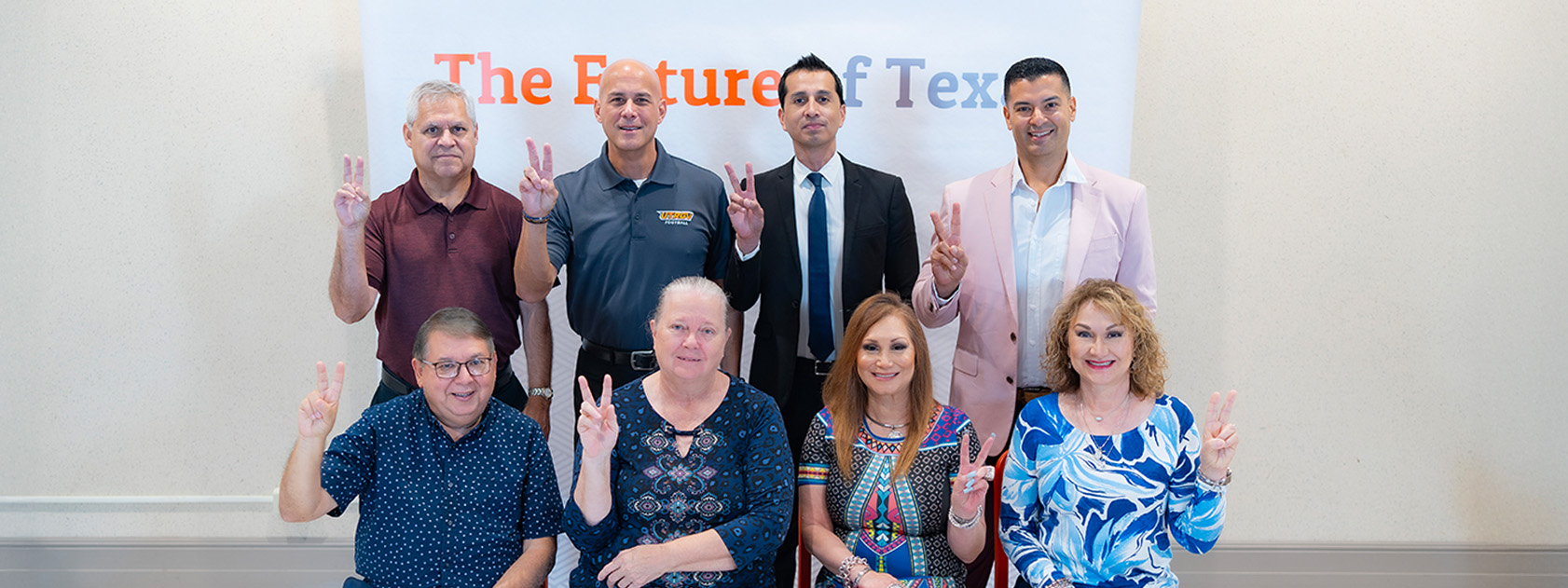
Organization and School Leadership Faculty Publications
Faculty-Leadership as an Internal Revolution: Advancing Mentoring Practices Through Cultural Proficiency and Awareness at HSIs and eHSIs
Document Type
Book Chapter
Publication Date
12-30-2024
Abstract
Understanding how university faculty reduce inequity in their classrooms so that students have improved graduation rates is important. Given the current socio-political climate in Texas, where Diversity, Inclusion, and Equity are challenged, as seen in HB 17 from the 2023 Texas Legislation, it is imperative to explore how university faculty navigate identity differences to ensure that every student feels seen, valued, and capable of academic success. A deeper understanding of the practices and motivations of university faculty who manage to create inclusive environments can offer insights into fostering equity and inclusivity even in challenging socio-political contexts. Texas, being one of the most populous states with a large Latinx population, serves as a microcosm for larger U.S. educational trends. With the changing demographics of student populations, faculty at HSIs and eHSIs nationwide will be faced with the challenge of creating more inclusive environments; therefore, cultural proficiency is warranted in higher education classrooms. Applying the practices of cultural proficiency within a Hispanic-Serving Institution (HSI) involves first experiencing an “internal revolution,” which will help one mentor students with intentionality.
Recommended Citation
Aguilar, I., Ramírez, N.G., Yilmaz, M. (2024). Faculty-Leadership as an Internal Revolution: Advancing Mentoring Practices Through Cultural Proficiency and Awareness at HSIs and eHSIs. In: Gutierrez, J.A., Banda, R.M., Grafnetterova, N., Flowers III, A.M., Lujan, J.T. (eds) Student Success and Intersectionality at Hispanic-Serving Institutions. Palgrave Macmillan, Cham. https://doi.org/10.1007/978-3-031-74576-8_9
Publication Title
Student Success and Intersectionality at Hispanic-Serving Institutions
DOI
https://doi.org/10.1007/978-3-031-74576-8_9


Comments
© 2024 The Author(s), under exclusive license to Springer Nature Switzerland AG
https://rdcu.be/d8bkx